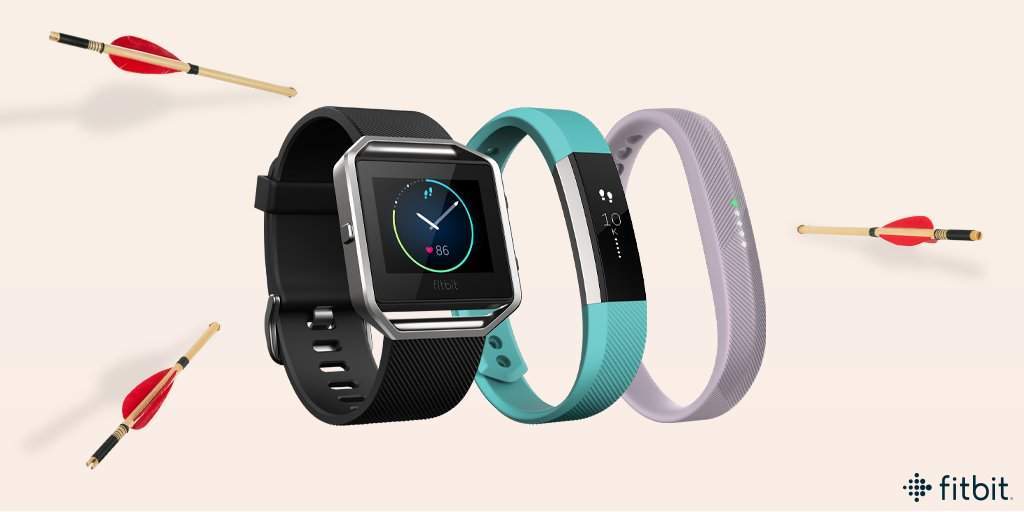
Fitbit, the maker of wearable fitness trackers has recorded a slump in its fourth-quarter revenue, which dropped to $573.8m, a fall of almost 20 percent.
The US company — headquartered in San Francisco — is facing falling consumer demand for its wristbands.
Fitbit sold 6.5m of its health and fitness trackers in the quarter, down from 8.2m in the same period a year earlier.
Fierce competition from Apple‘s smartwatch and cheaper Chinese models is partly to blame for Fitbit’s struggle in an increasingly crowded market.
In an effort to boost revenue, Fitbit announced plans last month to cut 110 jobs, the equivalent to six percent of its global workforce, in an attempt to reduce operating expenses by $200m.
In a pre-market statement at the end of January, Fitbit said “demand was soft” in its “most mature” markets, which includes the US and the Asia Pacific region.
How well do you really know your competitors?
Access the most comprehensive Company Profiles on the market, powered by GlobalData. Save hours of research. Gain competitive edge.

Thank you!
Your download email will arrive shortly
Not ready to buy yet? Download a free sample
We are confident about the unique quality of our Company Profiles. However, we want you to make the most beneficial decision for your business, so we offer a free sample that you can download by submitting the below form
By GlobalDataSales in Asia declined 56 percent to $24.9m in the fourth quarter, however, in Europe, the Middle East and Africa, sales were up 58 percent to $134m in the same period.
Fitbit’s overall active user base grew 37 percent year-on-year to 23.2m people and over the past three years a total of 50m devices have been sold globally.
How can Fitbit catch its breath?
Korean American tech entrepreneur James Park, Fitbit’s chief executive, insists he has a turnaround plan.
The company will focus more on selling to the health-care industry and less on consumers.
Fitbit will also diversify, both by improving its software offerings and branching out into the smartwatch category.
Last year, Park struck deals with failing pioneer smartwatch makers Pebble and Vector as well as mobile payments start-up Coin for a total of $54m.
Such acquisitions, he said, will ensure the company’s success in the smartwatch sector.
“Our acquisition of Coin, Pebble and Vector have accelerated our efforts,” Park said.
“We plan on expanding into smartwatches. If you look at any industry data in the market in terms of sell-through, we think entering this market will double our addressable market,” he added.
The company’s Fitstar app, which provides fitness advice and coaching for a subscription fee, will be regularly updated with new features and it attracted 1.2m new downloads after it was showcased at the Consumer Electronics Show (CES) in Las Vegas last month.
The market is buying the plan. Shares in Fitbit have tumbled 64 percent in the last twelve months, but were up one percent to $5.95 in after-hours trading yesterday.
The company forecasts an annual revenue of $1.7bn for 2017.







